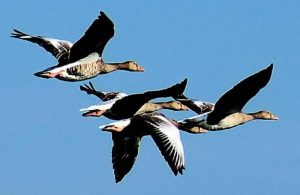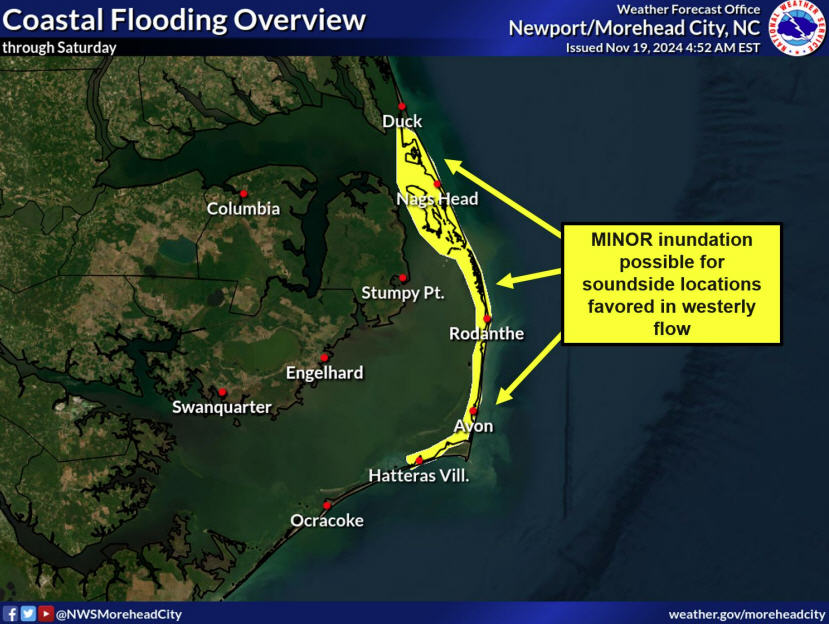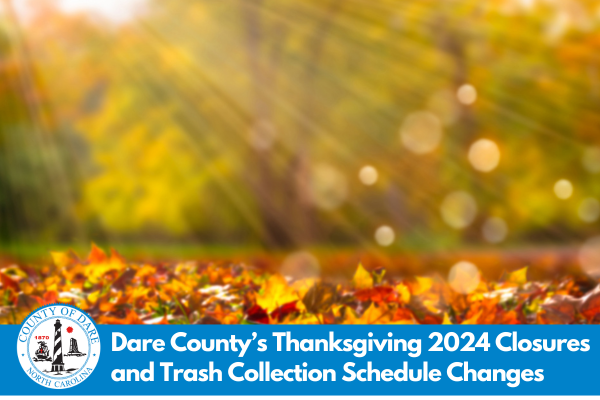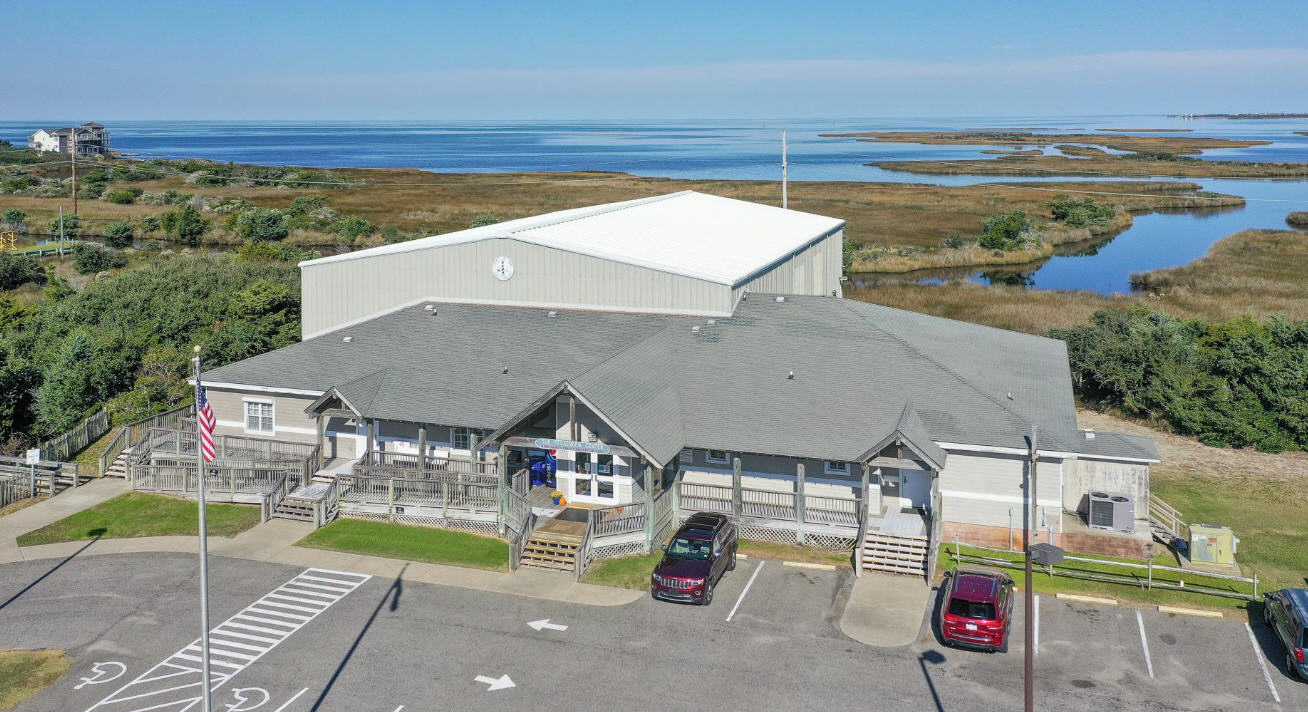High Path Avian Influenza detected in wild bird in Hyde County
 A wild bird has tested positive for high path avian influenza in Hyde County, prompting reminders for commercial and hobby poultry growers to increase their biosecurity measures.
A wild bird has tested positive for high path avian influenza in Hyde County, prompting reminders for commercial and hobby poultry growers to increase their biosecurity measures.
The United States Department of Agriculture (USDA), Animal and Plant Health Inspection Service (APHIS) announced the positive detection to stakeholders yesterday, along with the announcement of a second wild duck confirmed to have HPAI in Colleton County, South Carolina since Jan. 14. All three findings are H5N1 HPAI. These are the first wild birds in the United States to have Eurasian H5 HPAI since 2016. The positive samples were collected by USDA as part of its ongoing surveillance program for early detection of HPAI in collaboration with state wildlife agencies. North Carolina’s positive sample was collected on Dec. 30, 2021.
“These three positive samples tell us that high path avian influenza is currently present in the American Atlantic migratory flyway,” said Agriculture Commissioner Steve Troxler. “While this virus is not a food safety issue, anyone with commercial or backyard flocks of poultry need to implement strict biosecurity measures. These measures include keeping your flock inside.”
Wild birds can be infected with HPAI and show no signs of illness. They can carry the disease to new areas when migrating. USDA APHIS anticipates additional wild bird findings as their wild bird sampling program continues into the spring.
This type of HPAI virus is considered a low risk to people according to the U.S. Centers for Disease Control, but it can be dangerous to other birds, including commercial and backyard flocks of poultry. The warning signs of HPAI include:
- Reduced energy, decreased appetite, and/or decreased activity
- Lower egg production and/or soft-shelled or misshapen eggs
- Swelling of the head, eyelids, comb and wattles
- Purple discoloration of the wattles, comb and legs
- Difficulty breathing, runny nares (nose), and/or sneezing
- Twisting of the head and neck, stumbling, falling down, tremors and/or circling
- Greenish diarrhea
If your birds are sick or dying, report it right away to your local veterinarian, the N.C. Department of Agriculture and Consumer Services Veterinary Division, 919-707-3250, or the N.C. Veterinary Diagnostic Laboratory System 919-733-3986.
If you have questions about migratory birds, hunting, or wild waterfowl found dead on your property, visit the N.C. Wildlife Resources Commission’s website at www.ncwildlife.org.












